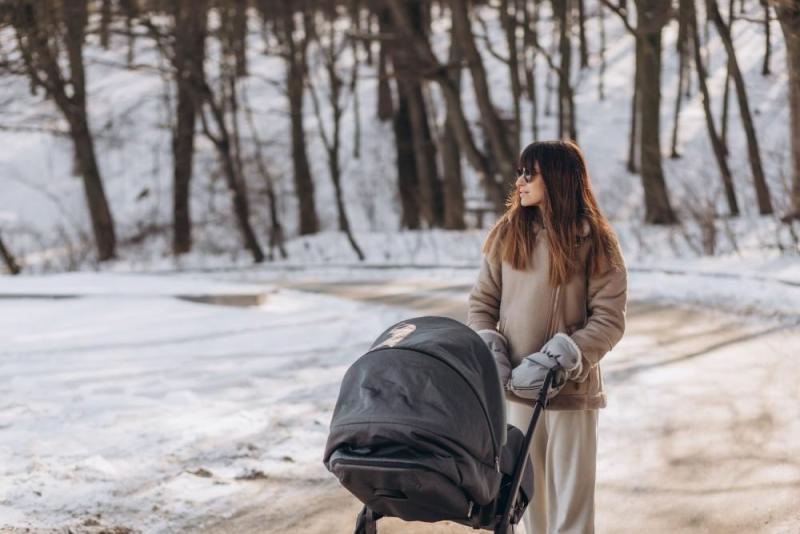Winter Mental Health Tips

Winter can have a notable impact on mental health for many people, largely due to changes in daylight, weather conditions, and social habits. Here are some common mental health challenges associated with winter and tips for managing them:

1. Seasonal Affective Disorder (SAD):
- What it is: A type of
depression triggered by seasonal changes, most commonly occurring in winter due
to reduced exposure to sunlight.
- Symptoms: Fatigue,
sadness, irritability, difficulty concentrating, and changes in sleep or
appetite.
Strategies:
- Light Therapy: Use a
lightbox that mimics natural sunlight to help regulate your circadian rhythm.
- Spend Time Outdoors: Even
brief exposure to daylight can improve mood.
- Exercise Regularly: Physical
activity boosts serotonin and endorphins, which improve mood.
- Seek Professional Help: Therapy
or medication can be effective.
2. General Feelings of Isolation or
Loneliness:
- What it is: People may
feel more isolated during the colder months due to less social interaction or
mobility.
Strategies:
- Stay Connected: Use video
calls, texts, or meet-ups with friends and family.
- Join Community Activities: Engage
in local classes, clubs, or support groups.
- Consider Volunteering: Helping
others can boost your sense of purpose and reduce feelings of loneliness.
3. Stress from the Holidays:
- What it is: Financial
pressure, family dynamics, and expectations during the holiday season can
increase anxiety and stress.
Strategies:
- Set Boundaries: Be
realistic about commitments and avoid overloading your schedule.
- Practice Budgeting: Plan
gifts and events within your financial limits.
- Focus on Gratitude: Shift
the focus from material aspects to meaningful connections.
4. Lack of Sunlight:
- What it is: Shorter days
can disrupt circadian rhythms, lower vitamin D levels, and contribute to
feelings of low energy or sadness.
Strategies:
- Supplement Vitamin D: Talk
to a healthcare provider about taking vitamin D supplements.
- Increase Indoor Light: Open
blinds, use warm-toned bulbs, or sit near windows.
- Plan Outdoor Activities: Maximize
daylight exposure by taking walks or engaging in outdoor hobbies.
5. Reduced Physical Activity:
What it is: Cold weather
can make it harder to stay active, which can affect mood and energy levels.
Strategies:
- Indoor Exercise: Try yoga,
pilates, or virtual workout classes.
- Bundle Up: Wear
weather-appropriate clothing to stay active outdoors.
- Set Goals: Commit to small, achievable fitness goals for motivation.
If winter feels particularly difficult, consider reaching out to a mental health professional. Taking proactive steps can make the season more manageable and even enjoyable.
Comments